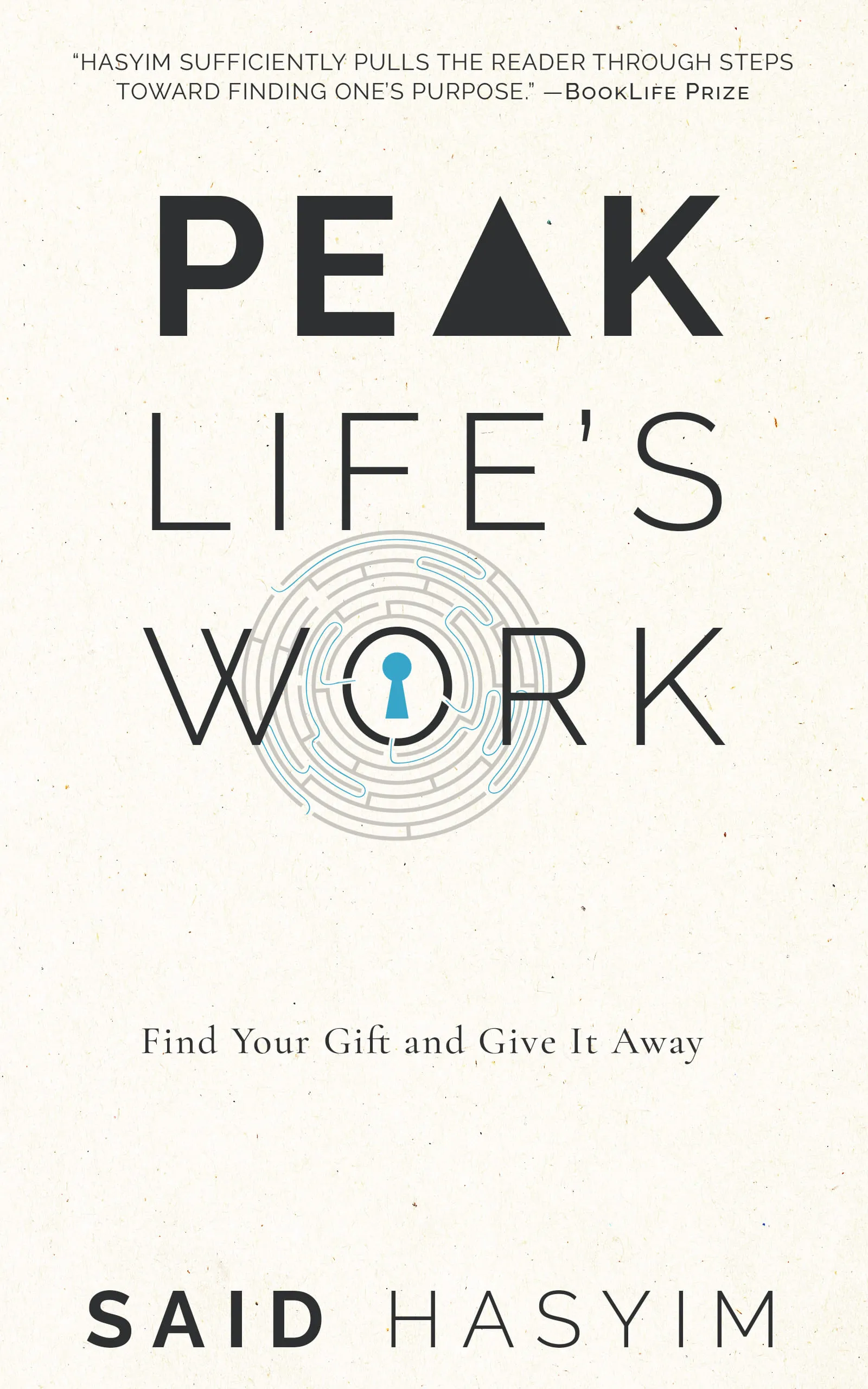Discover Your Strengths: A Guide to Self-Discovery
In a world that constantly demands more from us, it can be easy to lose sight of our own unique traits and talents. Each person possesses a combination of strengths that contribute to their success, fulfillment, and happiness. The journey to discover your strengths is one of the most rewarding paths you can take toward personal growth and self-improvement. In this guide, we will explore the importance of discovering your strengths, practical methods for self-discovery, and how to leverage those strengths in various aspects of your life.
Why Discovering Your Strengths Matters
Understanding your strengths is essential for several reasons:
Increased Confidence: When you are aware of your abilities, you can navigate challenges with greater assurance. Confidence is built on the foundation of self-knowledge.
Enhanced Decision-Making: Knowing what you excel at helps you make informed career choices, select hobbies, and engage in relationships that foster your well-being.
Improved Relationships: Understanding your strengths can lead to more meaningful connections with others, as you can communicate your needs and collaborate more effectively.
Greater Resilience: Acknowledging your strengths empowers you to tackle difficulties with a positive mindset, as you recognize the tools at your disposal to overcome obstacles.
Alignment with Goals: When you identify your strengths, you can align your personal and professional goals with activities that bring you joy and a sense of purpose.
How to Discover Your Strengths
1. Reflect on Past Experiences
Start by taking a moment to reflect on your past experiences:
Identify peak moments: Consider instances when you felt particularly successful or fulfilled. What were you doing? Who were you with? What skills did you utilize?
Analyze challenges: Look at the challenges you’ve faced. What strengths helped you overcome those difficulties? What skills do you wish you had employed more effectively?
2. Seek Feedback
Sometimes, we fail to see and appreciate our own strengths. Getting feedback from trusted friends, family, or colleagues can provide valuable insights:
Ask open-ended questions: Approach those close to you and ask questions like, “What do you think I excel at?” or “When have you seen me at my best?”
Listen actively: Be open and attentive to the responses you receive. Pay attention to any patterns that emerge in the feedback, as they can highlight your inherent strengths.
3. Assess Your Skills and Interests
Consider what activities and tasks energize you, versus those that drain your energy. There are various assessments and tools available online that can help you recognize your strengths:
Personality tests: Take tests such as Myers-Briggs or the Enneagram to gain a deeper understanding of your personality traits and preferences.
Strengths assessments: While you don’t need to rely on a specific book, several online assessments can help identify your strengths. Just search for a strengths finder or skills assessment tool.
4. Experiment with New Activities
Diving into new experiences can unveil hidden strengths you didn’t know you had:
Volunteer: Engaging in community service can help you discover capabilities in teamwork, leadership, empathy, and problem-solving.
Take classes or workshops: Enroll in courses that pique your interest to learn new skills, and pay attention to what resonates with you.
5. Journaling and Reflection
Maintaining a journal can be a powerful tool for self-discovery:
Regular entries: Set aside time each week to write about your experiences, detailing moments when you felt empowered or struggled.
Identify common themes: Over time, review your entries to identify recurring strengths or skills you’ve mentioned.
Leveraging Your Strengths
Once you have identified your strengths, it’s time to leverage them effectively in various areas of your life:
1. Career Development
Align your job with your strengths: Whether you are seeking a new job, a promotion, or just a more fulfilling role, steer your career choices toward positions that allow you to employ your strengths.
Seek professional development: Pursue training and development opportunities that cater to your skill set for growth and advancement.
2. Personal Relationships
Communicate your needs: Share your strengths and preferences with friends, family, or partners to create stronger bonds and more fulfilling interactions.
Build a supportive network: Surround yourself with people who recognize and celebrate your strengths, and actively foster relationships that empower you.
3. Personal Goals
Set strength-based goals: Structure your goals around your strengths for motivation and focus. Instead of generalized goals, specify how you can utilize your strengths to achieve them.
Celebrate achievements: Take time to acknowledge and enjoy moments of success that stem from the use of your strengths. This recognition will reinforce your confidence and commitment.
Conclusion
Discovering your strengths is an ongoing journey that requires introspection, feedback, and a thirst for new experiences. By understanding and embracing your unique abilities, you empower yourself to lead a more fulfilled life, enjoy better relationships, and achieve your goals with a sense of purpose. This path to self-discovery not only enhances your self-esteem but also contributes positively to the world around you. Embrace the exploration of who you are, and step confidently into a future that reflects your strengths. Happy exploring!
Start Your Transformative Journey
Peak Life's Work, a transformative book to unlocking your true potential and finding purpose. Learn science-backed strategies from top performers to enhance skills and creativity. Gain insights into success and failure while uncovering your personal talents. With practical steps for self-discovery and nurturing talent, this book equips you for a fulfilling journey toward your greatest work.
